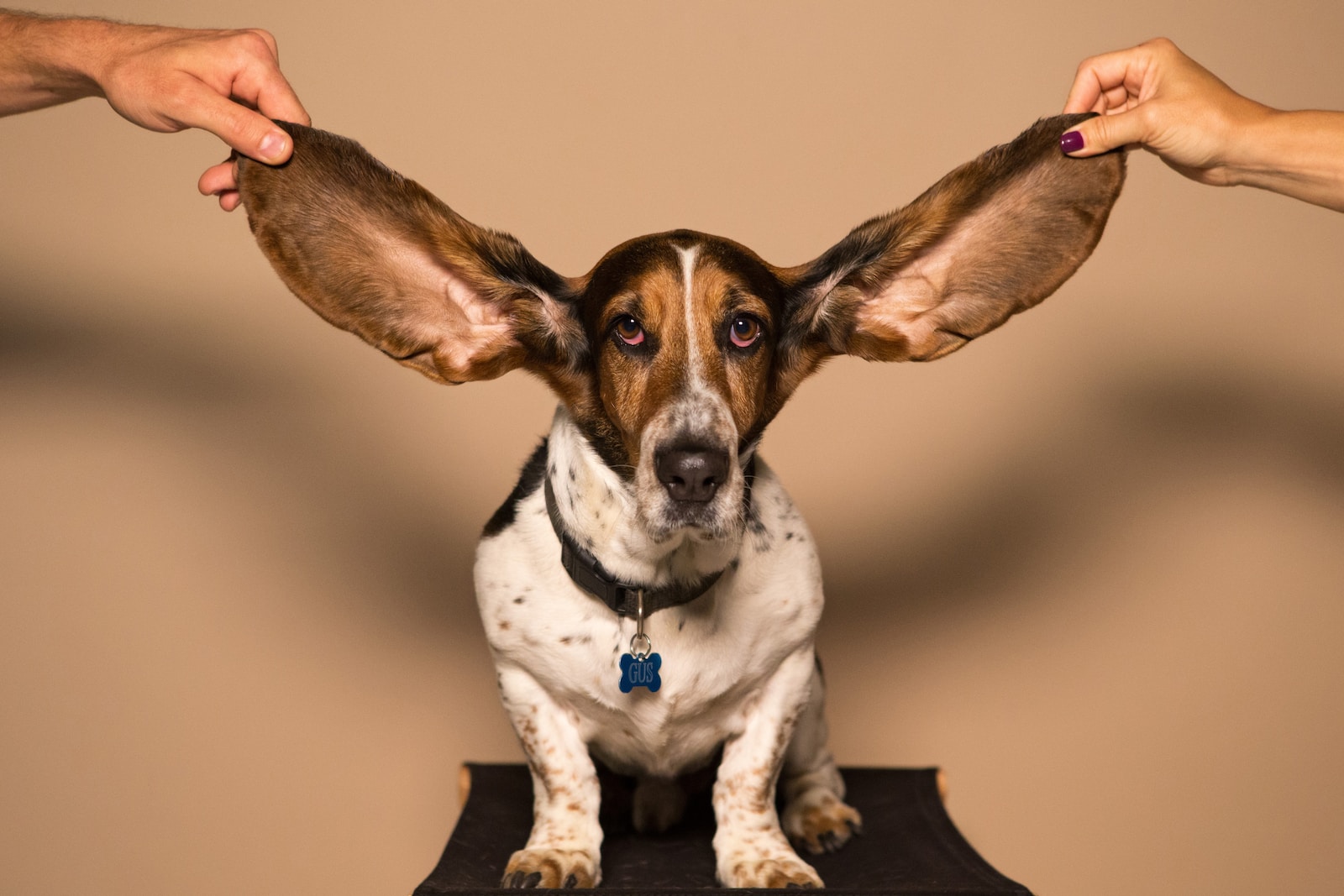When it comes to distinctive canines, few breeds captivate quite like the Basset Hound. With their soulful eyes and low-slung bodies, these dogs are both iconic and endearing. This comprehensive guide will lead you through the captivating history of Basset Hounds, shed light on their unique temperament, provide crucial care tips, and much more!
The History and Origins of Basset Hounds
The Basset Hound’s story can be traced back to 6th-century France, where their distinct features were selectively bred. The term “Basset” is derived from the French word “bas,” meaning low, reflecting their characteristic short legs. Originally bred for hunting small game, Basset Hounds were prized for their exceptional sense of smell and steady temperament.
Their lineage includes ancestors like the Bloodhound and the now-extinct St. Hubert Hound, which contributed to their exceptional tracking abilities. By the 19th century, Basset Hounds had gained popularity not only as skilled hunting companions but also as beloved family pets.
Temperament and Personality
Basset Hounds are renowned for their gentle and easy-going disposition. They are known to be friendly, affectionate, and highly social dogs. Their amiable nature makes them excellent companions for families, children, and other pets. While they may have a stubborn streak, they are also intelligent and respond well to patient, positive reinforcement-based training.
Their strong hunting instincts mean they may occasionally become engrossed in scents, so early socialization and obedience training are essential to ensure they become well-rounded members of the family.
Care and Health Guidelines
Caring for a Basset Hound requires understanding their unique needs and quirks. Here are essential care tips for Basset Hound owners:
- Exercise: While Basset Hounds have a relaxed demeanor, they still benefit from regular exercise to maintain a healthy weight and mental stimulation. Moderate walks and playtime in a secure area are ideal.
- Grooming: Their short coat is low-maintenance, but regular brushing helps keep it healthy and removes loose hair. Pay special attention to their ears, which should be checked and cleaned regularly.
- Nutrition: Basset Hounds are prone to obesity, so a balanced diet and portion control are crucial. High-quality dog food, tailored to their age and activity level, is recommended.
- Health Concerns: Basset Hounds are generally healthy, but they can be susceptible to certain conditions like hip dysplasia, ear infections, and obesity. Regular veterinary check-ups and a healthy lifestyle can help prevent and address these issues.
- Temperature Sensitivity: Their short coat makes them sensitive to extreme temperatures. Provide extra warmth in cold weather and ensure they stay cool in hot weather.
Living with a Basset Hound
Basset Hounds are adaptable and can thrive in various living environments, including apartments and houses with small yards. They are particularly well-suited to families due to their gentle nature and love for companionship. Keep in mind that their strong sense of smell may lead them to follow interesting scents, so secure fencing is recommended.
Embracing these wonderful dogs and embarking on the journey together is sure to be a rewarding experience, whether you’re a first-time owner or a seasoned Basset Hound enthusiast!

Leave a Reply